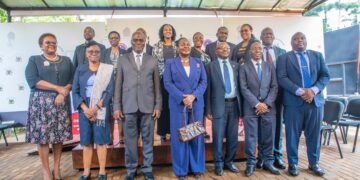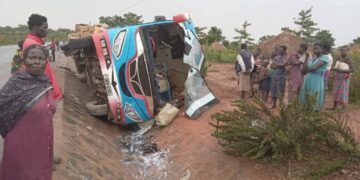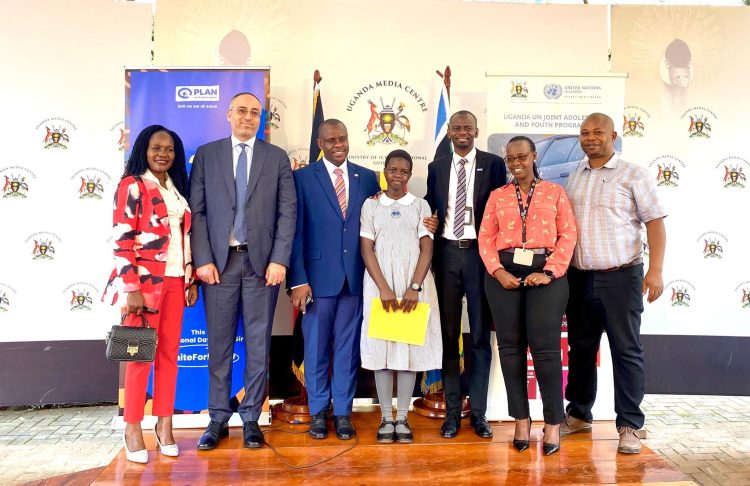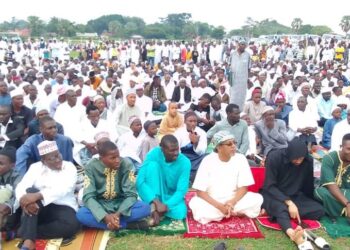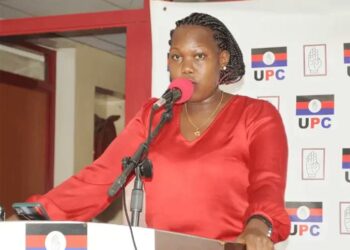By Leonard Kamugisha Akida,
KAMPALA
The minister of State for Youth and Children Affairs, Hon. Balaam Barugahara Ateenyi has challenged the judiciary to stop granting bail to criminal suspects of rape and defilement cases.

Speaking during a press briefing at the Uganda Media Centre in celebration of International Girl-Child Day, the minister expressed concern over the growing number of such cases, particularly in the Eastern and Western regions of Uganda.
Minister Balaam emphasized that rape, defilement, and other social issues such as child marriages, teenage pregnancies, HIV/AIDS, and low school completion rates are significantly affecting girls’ ability to realize their full potential.
“These obstacles do not only limit girls individual growth but also constrain the over all progress of our society,” Balaam explained. He stated that it is unfair for courts of laws to grant bail to men who he referred to as ” monsters” who sexually abuse young girls.

He called for a unified response from stakeholders to confront these challenges, ensuring a nurturing environment for the girl-child. He emphasized enforcement of laws and policies that protect and empower girls in Uganda.
The minister urged stronger enforcement of laws and policies that protect and empower girls, stressing the need for collective action from CSOs, religious and cultural institutions, and the private sector.
“We must take this joint action to ensure that all our girls are enrolled and complete all levels of education, live healthy, free from violence and all these social norms. We must work together to dismantle all barriers that hinder girl Child progress in Uganda,” he said.

According to the United Nations Population Fund (UNFPA), globally nearly 20 million teenage girls aged 15-19 years old give birth every year. More than 90% of these births occur in low and middle-income countries. Uganda ranks at 24% with the highest rates of teenage pregnancy within East Africa.
Daniel Alemu, UNFPA Deputy Representative to Uganda said girls have the potential to change the world when effectively supported ans educated. He called for increased collective efforts to empower girls and build a sustainable future.
“Girls have the potential to change the world when effectively supported and educated,” Alemu stated. “Empowering girls it’s not just about addressing the immediate needs but building a sustainable future for ourselves.”

He highlighted the importance of addressing three critical areas for transforming the lives of girls including access to quality education, healthcare and well-being, and protection from violence and harmful practices against girls. Alemu stated that ensuring girls receive quality education and investing in their health equips them to face the challenges of the world.
Additionally, the representative of Plan Uganda, Christopher Kugonza urged the government to work closely with Civil Society Organizations and other actors to address challenges that impact girls in Uganda.
Kugonza says that CSOs play a significant role in supporting girls to shape their future. He said that stronger interventions are still needed to end injustices that continue to undermine the well-being and future of young girls across the country.
Today (October 11), Uganda joined the rest of the world in celebrating the International Girl Child Day to highlight challenges girls face while growing up. The day was celebrated on the theme; “Girls’ vision for the future.”

















